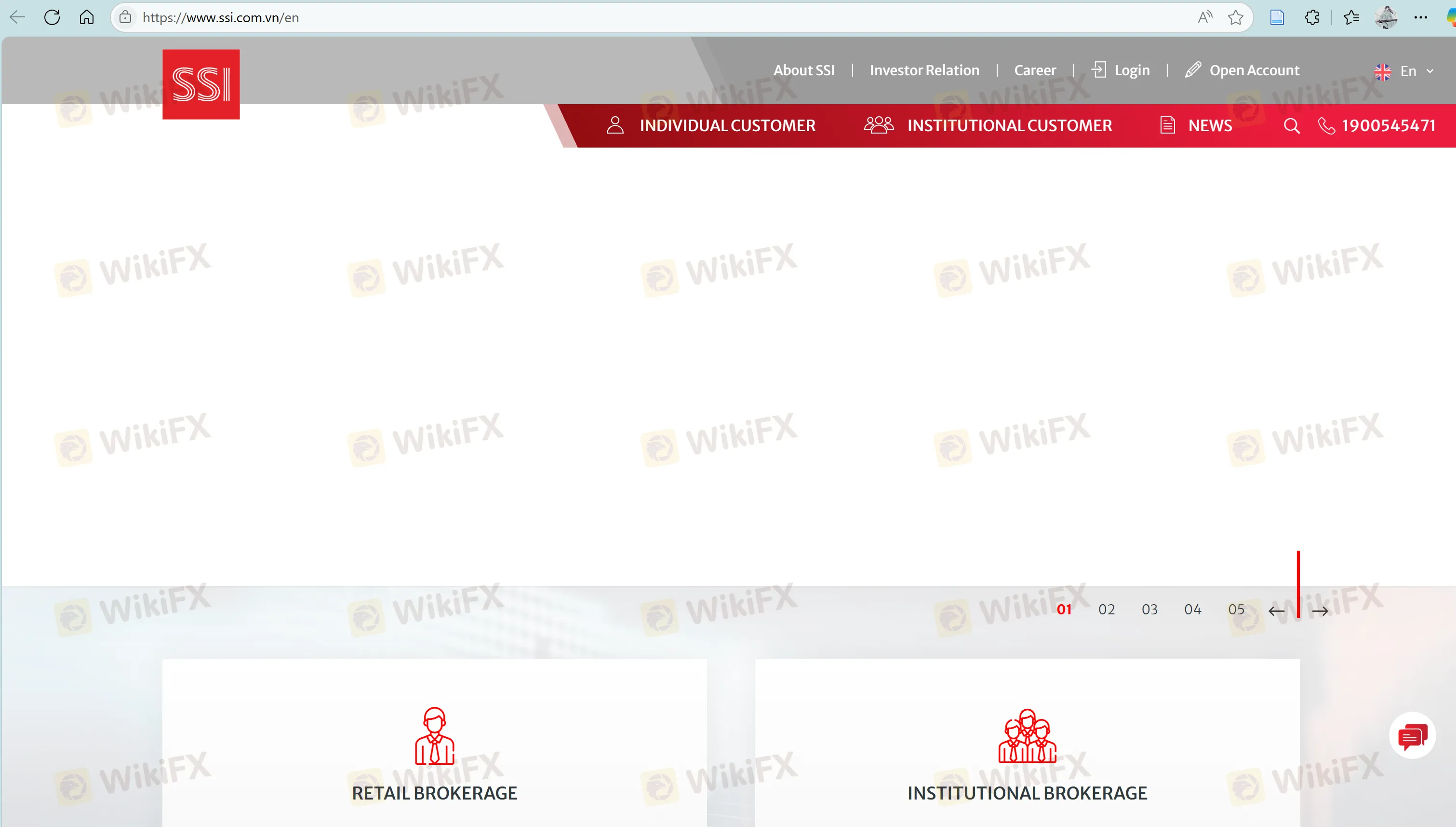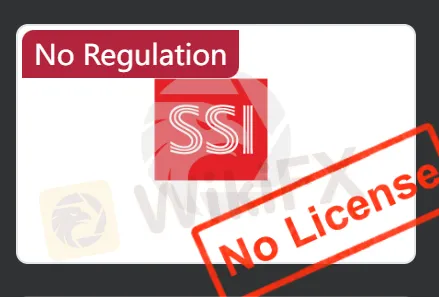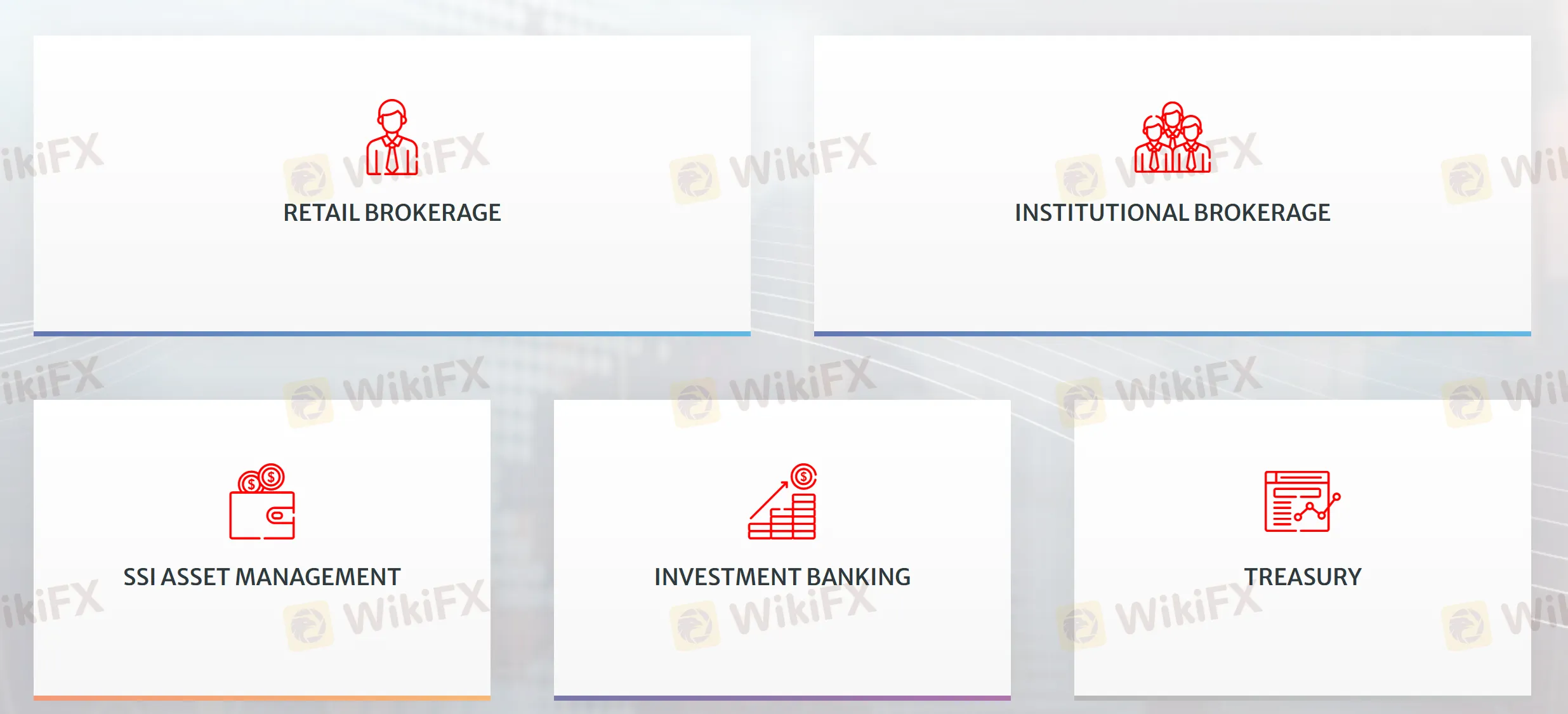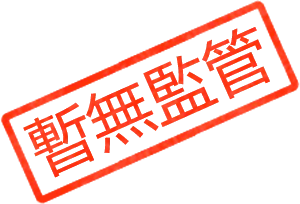tabawan_dreamer
1-2年
Which documents do I generally need to provide in order to process my first SSI withdrawal?
Speaking from my own experience as a forex trader, choosing a broker without clear regulatory oversight always makes me proceed with extra caution—this is especially true in the case of SSI, which, according to the background information, is currently unregulated. When planning to process a first withdrawal from any brokerage, including SSI, brokers typically ask for standard identity verification documentation. In my own due diligence process, I expect to be asked for a government-issued photo ID (such as a passport or driver’s license), proof of address (usually a recent utility bill or bank statement), and potentially the same payment method used for depositing funds.
However, it’s important for me to emphasize that SSI’s absence of regulation and lack of detailed information on their trading accounts and withdrawal processes raise transparency concerns. I would personally be very diligent in communicating directly with their support team via available channels before submitting any sensitive documents. I also routinely perform background checks on a broker’s procedures to minimize the chance of complications with withdrawals. While identity and address verification are standard in the industry for anti-money laundering compliance, with an unregulated broker like SSI, I would remain vigilant and avoid sharing documents before confirming the legitimacy of their process. This cautious approach is necessary to protect both my personal information and funds.
Broker Issues
Withdrawal
Deposit
JV1s24K_g0ld
1-2年
According to your assessment and the available reviews, how legitimate do you believe SSI is?
From my standpoint as an independent forex trader, legitimacy is first and foremost determined by transparent, verifiable regulatory oversight. After looking thoroughly into SSI, I noticed that this broker currently operates without any valid regulatory license, which is a serious red flag for me. In my trading career, I’ve learned that lack of regulation means that there’s no external authority holding the company accountable for fair practices, fund security, or dispute resolution. This significantly increases risks for clients, regardless of how comprehensive the product range or how long the business has been operating. SSI’s offerings are diverse—covering equities, ETFs, futures, and more—but I found very limited information on their trading platforms, account structure, or fee model. The absence of a demo account adds another layer of opacity. In the context of YMYL (Your Money or Your Life) standards, risking capital with an unregulated broker is never something I’d recommend lightly, as there’s little recourse in the event of issues. For me, the lack of regulation and transparency overshadows any positive aspects SSI may offer. I would strongly suggest considering brokers with strong, transparent regulatory frameworks—doing so has always been essential for my own peace of mind and capital protection in this industry.
Chris hagerman
1-2年
In what ways does SSI's regulatory status help safeguard my funds?
Speaking as an experienced trader, I have to be clear that SSI’s lack of valid regulatory oversight is a primary area of concern for me. There is currently no evidence that SSI is registered or licensed with any recognized global financial authority. For me, regulation isn’t just a formality—it signals adherence to industry standards for client fund segregation, transparency, dispute resolution, and routine audits by external bodies. Without this external accountability, I find it difficult to trust that my capital would be adequately safeguarded in the event of mismanagement, insolvency, or malpractice.
SSI may offer a broad range of products and financial services, but no matter the breadth of services, the absence of regulation means there is no independent body ensuring that they operate fairly or safely. In my experience, trading with unregulated brokers exposes clients to significantly higher risks; if issues arise with withdrawals, pricing, or trade execution, there’s little recourse available. For these reasons, I would not rely on SSI’s existing structure to protect my funds. Instead, I personally only consider brokers with transparent and verifiable regulation, as that provides a foundational layer of trust and security that I require for my trading activities.
Vladimir
1-2年
How do SSI's swap fees (overnight financing costs) stack up against those charged by other brokers?
As an experienced forex trader, I know that transparency in swap fees—or overnight financing costs—is essential for managing trading costs and evaluating a broker's suitability. When I evaluated SSI, I was disappointed to find there is a lack of specific information regarding their swap fees or even basic details about their trading account types and fee structure. Unlike many regulated competitors who publish a clear breakdown of overnight rates and funding costs, SSI does not provide such information publicly, making it difficult for me to make an accurate, apples-to-apples comparison.
This lack of clarity is more concerning given SSI's unregulated status. In my experience, not being regulated adds an extra layer of risk, especially when fee transparency is also absent. For me, this presents a significant red flag—when I weigh brokers, I expect to see competitive, well-disclosed swap rates. Most regulated brokers post daily swap values or provide calculators to estimate the impact of holding positions overnight, helping me plan my trades and avoid surprises.
In short, I cannot offer a positive comparison of SSI’s swap fees against other brokers because the necessary information just isn’t available. As always, I urge fellow traders to choose brokers that combine strong regulatory oversight with clear and accessible information about trading costs, including swaps, so you know exactly what to expect before you commit your capital.
Broker Issues
Fees and Spreads



























